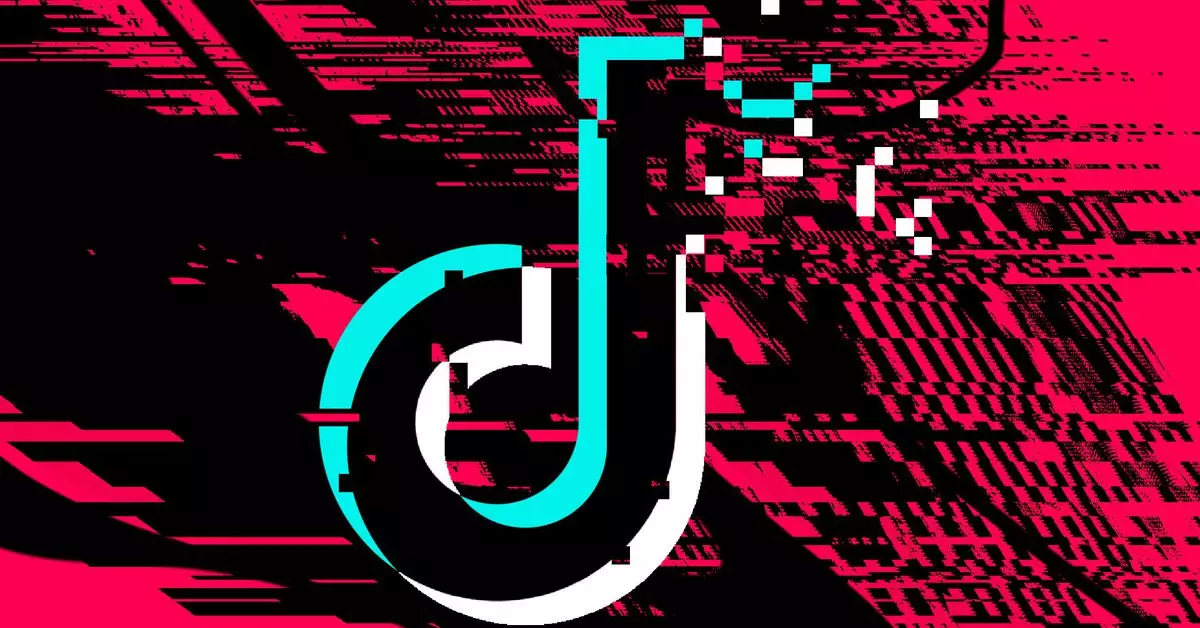In a rapidly evolving digital age, platforms like TikTok find themselves caught in the crossfire of political maneuvering and legislative debates. Recently, White House Press Secretary Karine Jean-Pierre dismissed TikTok’s threats to halt operations in response to a potential ban, labeling it as a “stunt.” This statement reflects not just the ongoing tensions between the platform and the government, but also showcases the complicated relationship that tech companies have with political powers. The context is further complicated by the impending transition of administration, which has significant implications for how tech regulations might be shaped going forward.
TikTok’s threat to “go dark” is indicative of a broader struggle to navigate the intricate dynamics of political regulations. The company’s CEO, Shou Chew, appealed directly to former President Trump, who previously expressed a willingness to extend the deadline for the ban. This plea exemplifies the desperation of tech companies to secure favorable policies while also highlighting their reliance on political alliances to survive and thrive in a competitive digital landscape. The situation raises critical questions about corporate resilience: is TikTok truly prepared to take such drastic measures, or is this merely a calculated display of unwillingness to surrender willingly to regulatory pressures?
A pivotal element of TikTok’s pushback against the ban involves the liability concerns faced by the tech giants Apple and Google. TikTok is pressing for assurances that these companies will not face legal repercussions for defying the ban by allowing the app to remain available for download. This aspect introduces a complex layer of analysis around corporate ethics and legal compliance—how much risk are these companies willing to shoulder in order to support a platform that remains immensely popular worldwide? The barriers they face are not only legal but also reputational, as public perception can significantly impact their business models.
With Trump’s administration on the brink of taking office, the ambiguity surrounding these legislative actions remains palpable. While Trump suggests a potential extension of the ban, it remains to be seen how effectively he can navigate the complexities of legal enactments and corporate compliance. Furthermore, Jean-Pierre’s statements highlight that any resolutions or strategies might be left for the incoming administration to decipher and implement. The potential for shifting political winds adds uncertainty to the landscape, making it essential for tech companies to remain agile and prepared for any outcome.
As the saga surrounding TikTok unfolds, it becomes clear that the intersection of technology and politics presents a formidable challenge for all stakeholders involved. Brands must contend not just with regulatory challenges, but also with the overarching implications of corporate governance, public trust, and international relations in the digital age. The outcome of this intricate dance between policy and corporate interests will likely set precedents for how technology firms navigate similar confrontations in the future. The outcome is critical not only for TikTok and its users but for the entire tech ecosystem as it grapples with political accountability and its responsibilities in an increasingly engaged global public sphere.

